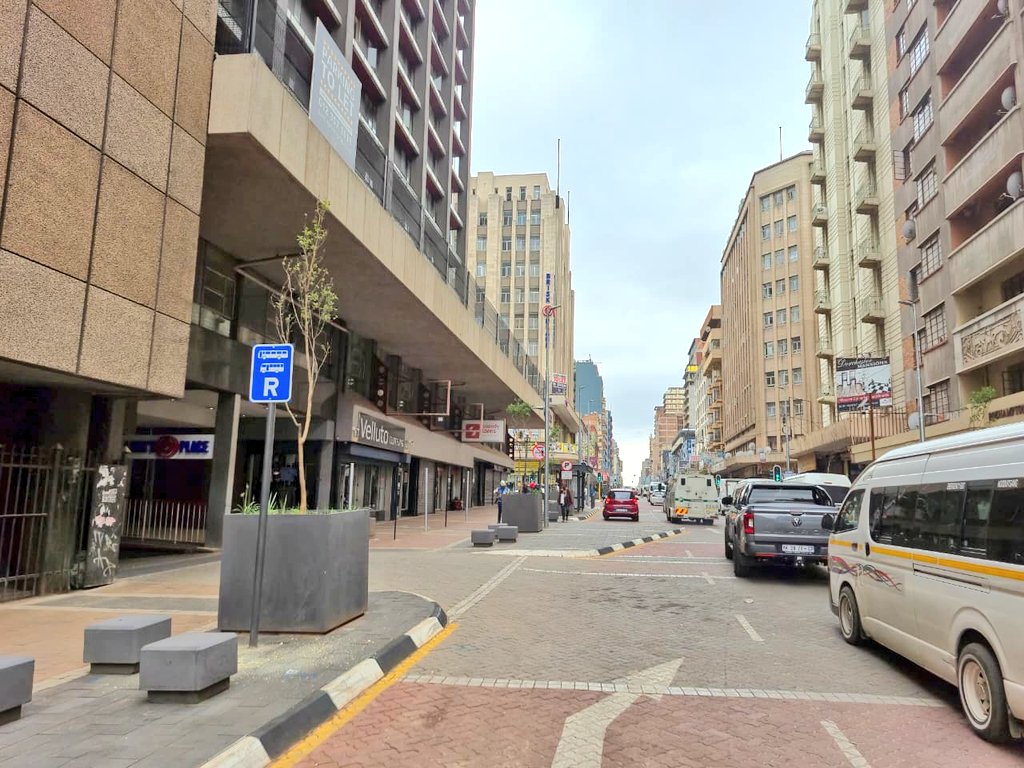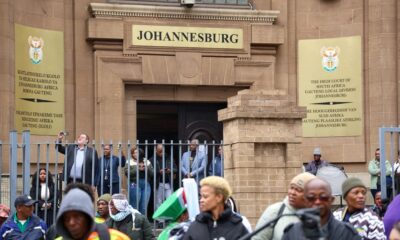News
City of Joburg Under Fire for Hiding Court Defeats Amid Mounting Billing Scandals

Transparency denied as the city cites privacy laws while residents win in court
Despite a mounting string of courtroom defeats exposing unlawful disconnections, chaotic billing, and flawed property valuations, the City of Johannesburg has chosen silence over transparency. Instead of disclosing which cases it has lost and who within its ranks was held responsible, city officials are invoking privacy laws, a move critics say deepens mistrust in a municipality already struggling to restore credibility.
Over the past year, Johannesburg’s High Court has repeatedly ruled against the city in several major cases, including Ordicode v City of Joburg, BIR Investments v COJ, Tarica v COJ, and Hyde Park Gardens v City Power, among others. Each case tells a similar story: residents and businesses forced to turn to the courts to fight back against arbitrary charges, disconnections, or bungled property valuations and winning.
Courts step in where the system fails
Legal experts say the courts have become a refuge for Joburg residents frustrated by a city administration that seems unable to fix its own systems. “Management changes, but the systems remain broken,” said attorney Chantelle Gladwin of HBGS Attorneys, who represented clients in two of the city’s biggest defeats.
She describes a municipality in disarray: billing queries that auto-close after 30 days even if unresolved, databases that don’t communicate with each other, and departments so fragmented that basic accountability is impossible.
In BIR Investments v COJ, Judge Chohan wrote off more than R8.7 million in prescribed electricity charges and barred the city from disconnecting the property again. The judgment reinforced a pattern that when residents push back legally, they win.
The most recent ruling, COJ and the Municipal Valuer v The Valuation Appeal Board, reaffirmed the principles from BIR and Tarica, strengthening public protections against unfair property valuations and arbitrary municipal conduct.
City claims its hands are tied
In response to questions from DA councillor A. Marais, the city’s finance department admitted it had appointed a law firm to review all adverse judgments, but said the process had “stalled” due to constitutional and privacy constraints.
According to the city, the requested information includes “personal data” of officials and employees, which it claims cannot be shared without consent under the Protection of Personal Information Act (POPIA). Violating these laws, it warned, could expose the municipality to fines of up to R10 million.
Officials added that they’ve applied to both the registrar of the High Court and the Information Regulator for permission to complete the review lawfully. Until then, they argue, no meaningful disclosure can occur.
But critics see this as an excuse rather than a genuine legal obstacle. “This is about shielding individuals from accountability,” says a senior Joburg attorney who has represented multiple residents against the city. “Court judgments are public documents, anyone can access them. The city is just hoping residents won’t look too closely.”
A pattern of misconduct and mismanagement
Each of the city’s recent court losses paints a troubling picture of systemic failure:
-
Ordicode v COJ: The court barred the city from disconnecting electricity over disputed charges, slapping it with punitive costs for arbitrary conduct.
-
Erf 784 Robindale Five v COJ: A Randburg complex endured contradictory bills and disconnection threats, revealing deep dysfunction in billing systems.
-
Hyde Park Gardens v City Power: The city was found in contempt for defying an earlier court order a clear act of administrative defiance.
-
Phillips v COJ: An 81-year-old pensioner was billed for a meter that wasn’t even on his property. Judge Chohan called it “an indictment on the city’s constitutional duty.”
-
SS Protea Estates v COJ: Officials were ordered to rebuild an entire account from scratch and halt interest accumulation until errors were fixed.
These rulings go beyond mere technical errors, they expose a culture of mismanagement that leaves ordinary Joburgers paying the price for bureaucratic neglect.
Public reaction: frustration turns to fatigue
On social media, residents have reacted with a mix of outrage and resignation. “We’ve stopped expecting answers,” wrote one user on X (formerly Twitter). “You log a query, wait months, then get disconnected anyway.” Others questioned why the city continues to spend taxpayer money on losing legal battles instead of fixing its systems.
Community groups have called for independent oversight and a public release of all judgments involving the municipality. “Sunlight is the best disinfectant,” said a spokesperson for the Johannesburg Residents Alliance. “If the city is serious about transparency, it should stop hiding behind privacy laws and start reforming its processes.”
A call for accountability
As Johannesburg’s residents battle inconsistent billing, surprise disconnections, and valuation chaos, the courts have become their last line of defense. Yet, even as the judiciary repeatedly holds the city to account, officials appear more focused on managing optics than fixing what’s broken.
For a municipality that prides itself on being Africa’s economic hub, the message from residents and the courts alike is clear: accountability isn’t optional, it’s overdue.
{Source: The Citizen}
Follow Joburg ETC on Facebook, Twitter , TikTok and Instagram
For more News in Johannesburg, visit joburgetc.com



























